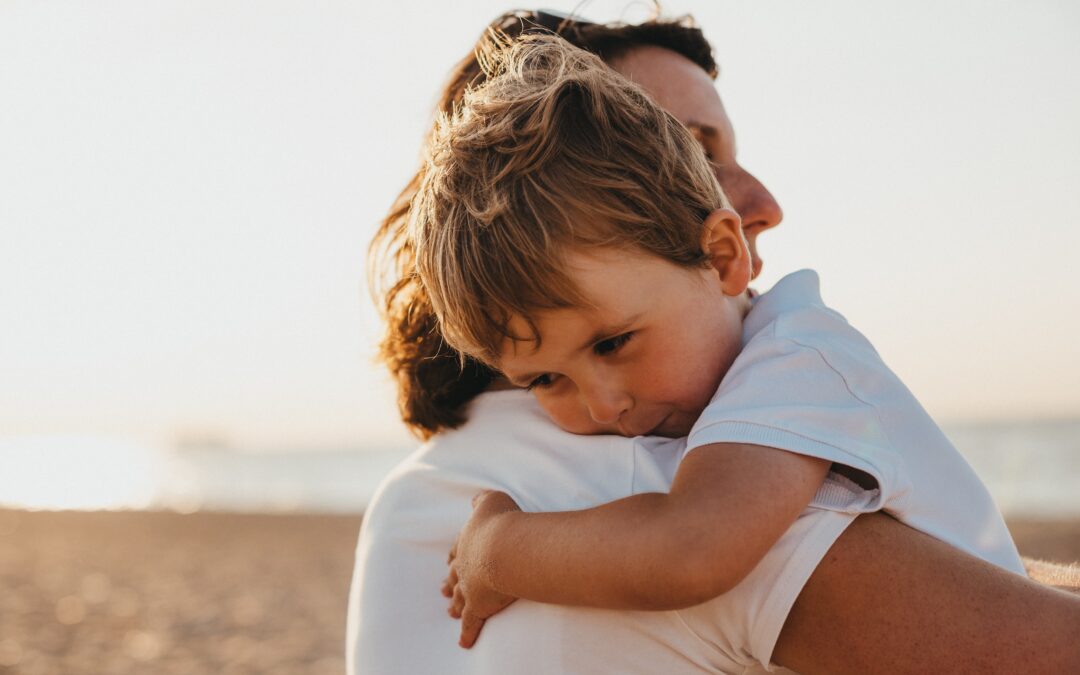Does your child always cry as you’re leaving the room or house? They may be experiencing separation anxiety. It is important to learn how to identify the signs and help your child cope when you are not around.
It’s essential to know that with understanding and the right coping strategies, the fears of your child can easily be relieved. But before we look into helping your child through separation anxiety, let’s take a look at exactly what separation anxiety is:
What is separation anxiety?
In early childhood, crying and clinginess are all signs of separation anxiety. But these are healthy reactions to separation and a very normal stage of development. It usually begins between the ages of one and four years old. The intensity and timing of separation anxiety can vary largely between children. However, it’s important to know that a little worrying over leaving a parent is normal.
Helping your child through separation anxiety
- Communicate
Always tell your child when you’re leaving and when you’ll be back. Trying to sneak out without talking to your child can make things worse. Your child might feel confused when they realise you’re not around and might find it harder to settle the next time you try to leave.
- Practice separation
Short periods of separation may be much easier for your child to deal with at first. You can try to leave your child with a caretaker for brief periods at first. As your child gets used to separation, you can gradually leave for longer periods.
- Keep them busy
You can ask your babysitter or daycare teacher to have an activity ready as soon as you leave. Getting them engaged in a fun game or an exciting new toy will take their mind off the fact that you’re not around.
- Make new surrounding familiar
If your child is going to school for the first time, it can be helpful to pack their favourite toys or a snack that they enjoy eating at home. These are all small ways to make new environments less scary for your little one.
- Try not to give in
Reassure your child that they will be fine while you are gone. If you always give in and take your child with you or stay home, your child will find it very hard to ever be without you. Setting consistent limits will help your child’s adjustment to separation effectively.
- Keep your promise
Always showing up on time helps to build trust and independence as your child becomes confident in their ability to be without you. There may be some times when you run a bit late If this happens, it is very important to communicate this to the caretaker of your child so that they can plan ahead.
Identifying separation anxiety
About 4% of school-age children develop separation anxiety. As children reach school age, they’re less likely to have separation anxiety. Pay attention if your school-age child seems particularly upset about being separated from you. This may possibly be a sign that he has separation anxiety disorder.
Take action with helping your child through separation anxiety
It is normal that separation anxiety in toddlers may last months or even years. But there’s plenty you can do to reduce and relieve symptoms. If you’re really concerned that your child isn’t adapting to being without you at all, make an appointment to talk with your child’s paediatrician.

